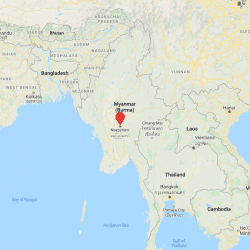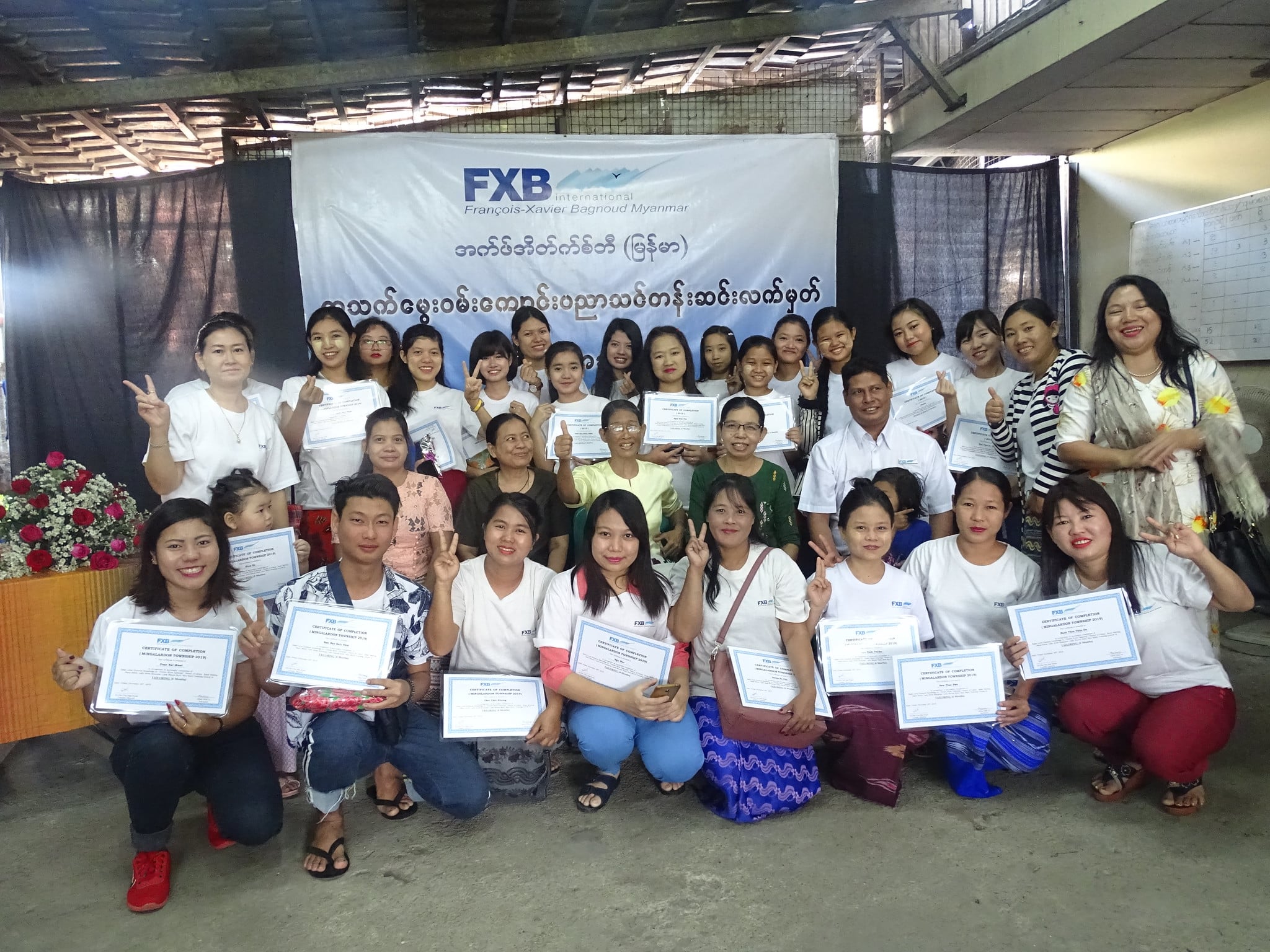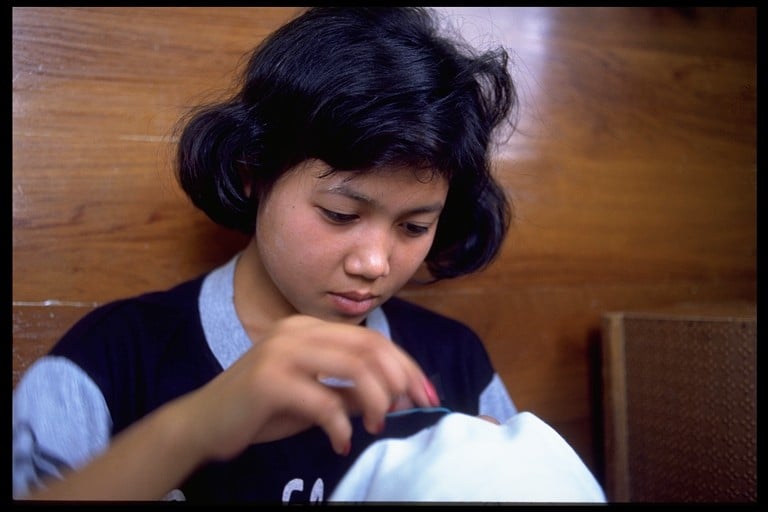Context
The significant lack of skilled labor in Myanmar is considered a major factor limiting the economy’s growth potential. Youth are too poor to access vocational training and training opportunities are limited, perpetuating the vicious cycle of poverty.
With few or no skills, these young people work in non-formal jobs and are particularly vulnerable to various forms of danger such as forced child labor, crime, human trafficking, sexual abuse, drugs, or HIV/AIDS.
The dramatic increase in unemployment due to political instability, particularly among youth, has focused more attention than ever on the need for them to access education and vocational training to help them earn a living.
Our action
Coordination and implementation: FXB International
Financial partners: Swisscontact, J&K Wonderland Foundation, Service de la Solidarité Internationale de la République et Canton de Genève, Fonds pour Eux, Fonds l’Oréal pour les Femmes, Accor Heartist Solidarity, Poména Enfance, Pro Aremorica Trust, The Rose Charitable Trust.
An hour’s drive from Yangon, in the peri-urban area of Shwe Pyi Thar, our FXB Vocational Training Center welcomes more than 200 apprentices each year, to whom different training paths, ranging from 3 to 24 months, are offered in the fields of sewing, interior decoration, weaving, wood and metal work, and hospitality.
Our Center also welcomes, on a daily basis, about thirty vulnerable children who have dropped out of the school system. They are taught math, reading and writing as well as psychosocial and interpersonal skills development lessons.
In order to reach out to young people or internally displaced persons living in regions with little or no access to such services, FXB has developed Mobile Vocational Training Units (MVTU) in fields such as sewing, hospitality, various repairs or wood and bamboo work.
In addition to practical and theoretical training, all of our apprentices receive various courses designed to strengthen their life skills and self-esteem, such as non-formal education, personal hygiene, labor codes and business management, knowledge of justice and conflict resolution, prevention of human trafficking and violence against women, human rights, gender equality, HIV/AIDS prevention, sexual and reproductive health and rights, and environmental protection.
Our graduates are also accompanied in all stages of the job search process, until they are able to conclude a dignified and decent work contract. Those who wish to become self-employed are financially supported in the launching of their microenterprise and are mentored until the success of the project.


